Is mankind living in a computer simulation? Part Ⅰ
【Summary】SILICON VALLEY, CA. — This new journalism series might be one of the most important and perplexing pieces you’ll ever read. We start here, in Silicon Valley, where we imagine the future of the world is being invented on a daily basis by engineers backed by erudite venture capitalists. Postmodern science is a quasi-religion whose daily miracles are commonplace.
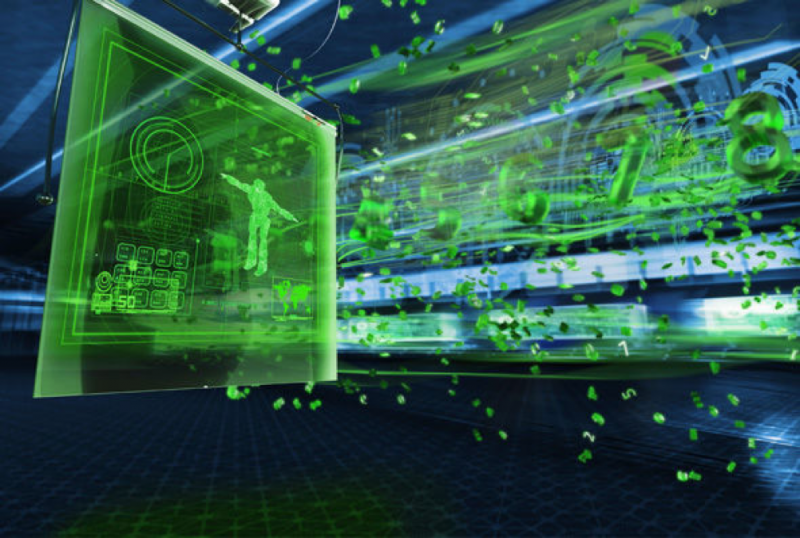
By Anthony C. LoBaido
SILICON VALLEY, CA. — This new journalism series might be one of the most important and perplexing pieces you'll ever read. We start here, in Silicon Valley, where we imagine the future of the world is being invented on a daily basis by engineers backed by erudite venture capitalists. Postmodern science is a quasi-religion whose daily miracles are commonplace. The iPhone, planes that can whisk you off into outer space and similar marvels like self-driving automobiles were all born here. This beautiful and thriving part of the United States is well known for its independent thinkers as epitomized by the late Steve Jobs. Elon Musk is another name which conjures images of limitless success.
But what if our "success" in life really isn't success at all? What if our lives and the world all around us is merely a computer simulation? If you think this is just some outlandish notion you can readily dismiss then think again. Scientific American is one of the leading publications of its kind in the entire world. It dove headlong into this terrifyingly complex issue in an article you can read here. The whole theory can be traced back to Oxford philosopher Nick Bostrom, who put forth the notion back in 2003. The UK Guardian just published an article on this very same premise about a week ago. You can read it here.
This very radical idea has been articulated by some of the world's leading minds. It is an idea that's more than revolutionary. As such, it deserves further deconstruction and analysis.
Says Business Insider; "Many scientists, philosophers, and business leaders believe that there is a 20 - 50 percent probability that humans are already living in a computer-simulated virtual world."
According to the New York Post and the New Yorker:
"A pair of unnamed Silicon Valley billionaires are so convinced we're living in a real-life ‘Matrix' that they are funding research aimed at discovering ways of escaping it. Two tech billionaires have gone so far as to secretly engage scientists to work on breaking us out of the simulation.
"'Many people in Silicon Valley have become obsessed with the simulation hypothesis, the argument that what we experience as reality is in fact fabricated in a computer,'" wrote Tad Friend in the New Yorker."
Of course nobody has asked the Silicon Valley billionaires if they won't be paying their electric bill this month. Or if they're willing to run uninvited onto the field at Levi Stadium in the middle of a San Francisco 49ers NFL game in an effort to see how the security personnel will treat them.
The New York Post article continued:
"The claim was made in an article about Sam Altman, an entrepreneur who runs a firm called Y Combinator that funds tech startups. Altman claimed that humans and machines would soon ‘merge' into one and this is the ‘best scenario' we can hope for, because if we don't join forces with an advanced artificial intelligence (AI), it could end up killing us all. ‘Any version without a merge will have conflict: We enslave the A.I. or it enslaves us. The full-on-crazy version of the merge is we get our brains uploaded into the cloud.'"
Next time you walk into a Bank of America, ask the local branch manager about this part of the aforementioned article:
"Altman isn't alone in his terrifying vision of the future — Bank of America recently claimed there was a 20 to 50 percent chance that humanity is already living in a simulated reality created by a mysterious future civilization. In a briefing note sent out to investors, the bank's investment banking division suggested the plotline of ‘The Matrix' could be worryingly close to reality. Its researchers neglected to say whether there was a way out of our sticky simulated situation."
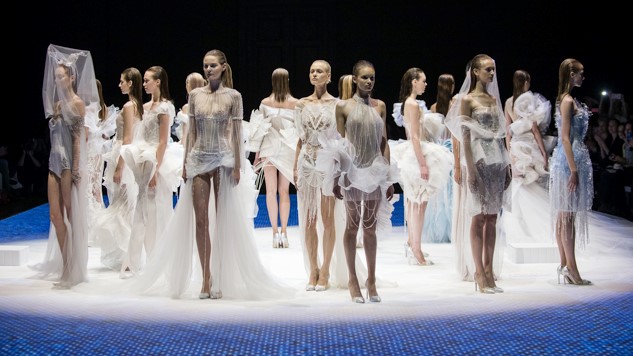
Referring once again to the New York Post:
"The argument is that we are already approaching photorealistic 3D simulations that millions of people can simultaneously participate in. It is conceivable that with advancements in artificial intelligence, virtual reality, and computing power, members of future civilizations could have decided to run a simulation of their ancestors. Unless we are now living in a simulation, our descendants will almost certainly never run an ancestor-simulation."
One interesting note from the above mentioned New Yorker article is this nugget:
"Soon after taking over, he wrote a blog post declaring that ‘science seems broken' and calling for applications from companies in energy, biotech, artificial intelligence, robotics, and eight other fields."
If we are indeed living in "The Matrix," then science isn't the only thing that's broken. It would indicate that everything we treasure and hold dear might not be what we think it is.
For example, where do things like humor and honor and chivalry fit in with Darwinian beliefs? After all, if you think about it, a fireman running into a burning building to save a total stranger is completely anti-Darwinian. There's just so much about our lives and perceptions that seem not to make a great deal of sense. Some postulate these conundrums would make a lot more sense if we are indeed living in a computer simulation. The reasons why will be fleshed out in the space below.
-


What will a Trump Presidency mean for self-driving cars?
-

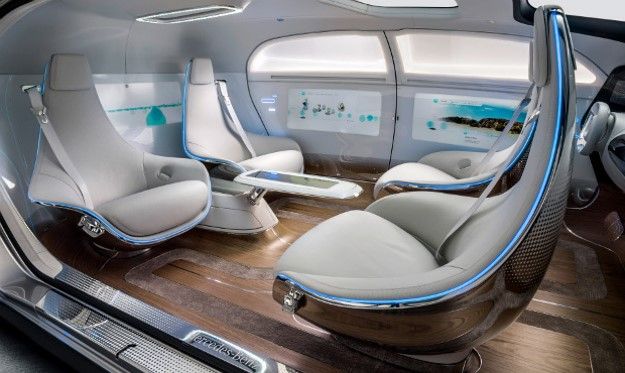
Driverless Cars – an anti-social future in the making?
-

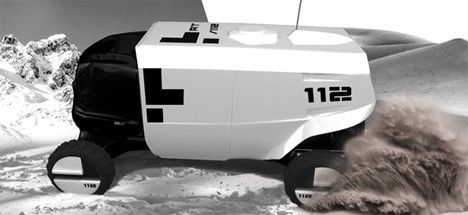
Ambulance + Tank =’s a new generation of emergency vehicle technology
-

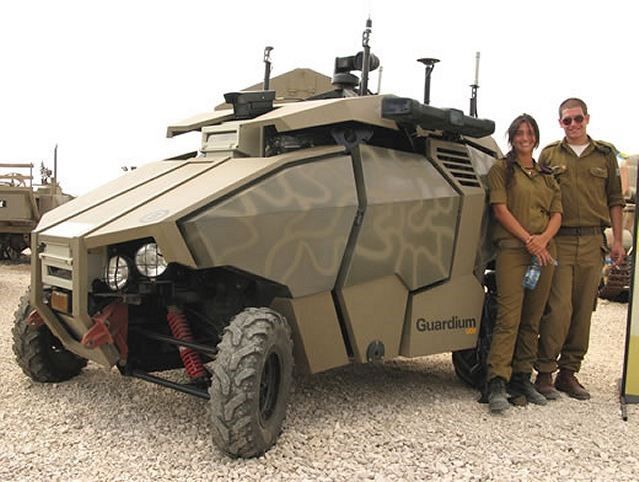
The Israeli Army’s new autonomous vehicle – a look at the battlefield of tomorrow
-

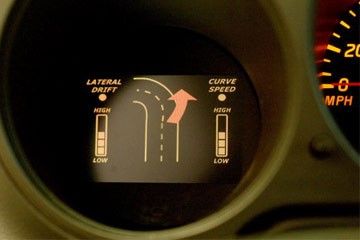
Top 10 Newfangled Car Safety Technologies
-


The Fall Leaves of Yosemite – Celebrating 100 Years of U.S. National Parks
-

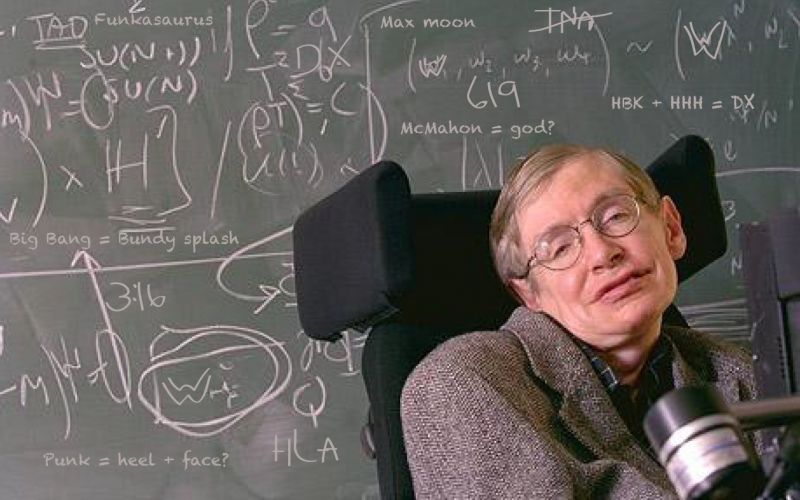
Stephen Hawking, Robotics and Our “Dangerous Point in Human History”
-


Do auto manufacturers or tech companies file the most patents?
- Information Overload – How Much is too Much?
- “Data is the New Oil” - The Alpha, Beta and Omega of Postmodern Wealth Creation - Part I
- Rabban Bar Sauma’s trek from China to Rome a key to world history (Part II)
- Beijing’s Quantum Satellite Another “First” in the 21st Century Space Race
- Is mankind living in a computer simulation? Part Ⅱ
- The Lost Legion of Crassus
- California, Chinese Pride and the Building of the Transcontinental Railroad Part II
- Nikola Tesla: The Untold Story of "The Man Who Invented the 20th Century”
- A Brief History of the Internet
- The Wind Beneath My Wings "Altamont Wind Farm"











 About Us
About Us Contact Us
Contact Us Careers
Careers